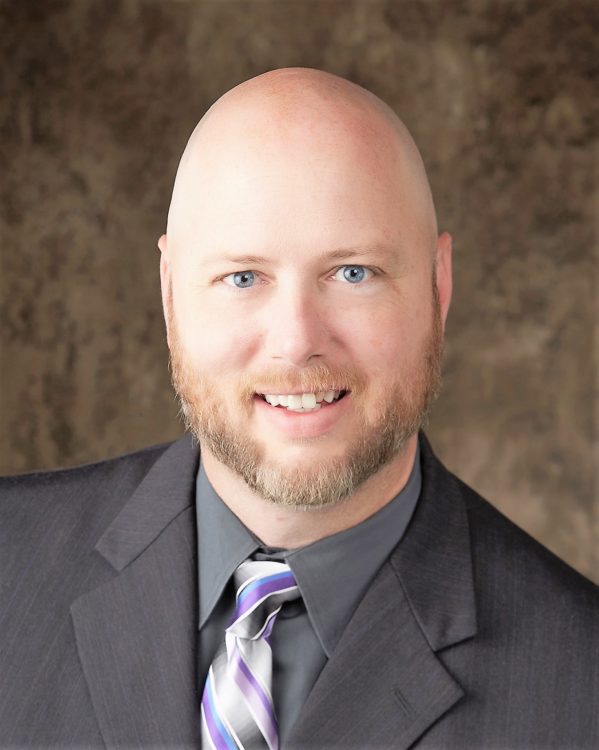
According to the University of Nebraska Extension Professor Bruce Anderson, while it may be uncomfortable [outside] for you and me, it is particularly hard on livestock out on pasture. To help them survive, much less thrive, under these conditions, they need plenty of good, clean water.
Not only do they need plenty of good, clean water – they need it close by. Once upon a time, it was common to make cattle walk a mile or more to water. And they’d do it.
But just think how hard it is on animals in this heat and humidity. Once they get to the water, the last thing they want to do is turn around and go all the way back to where they came from to graze. As a result, they do little grazing more than a half mile away from water.
In fact, research shows that when cattle need to travel more than 1000 feet to water, they spend less time grazing, they burn off pounds walking, and they graze distant areas incompletely.
So, how can you improve your water and grazing distribution?
More ponds, wells, windmills, and dugouts will help, but they can get expensive. Plus, they can only be placed in certain locations and can’t be moved.
So maybe a pipeline would be better. They can be put almost anywhere. And if you want to add more water locations, pipelines can be tapped into anywhere along the line. You might even qualify for cost-share dollars to help pay for the installation. Check with your local Natural Resources Conservation Service office for more information. You also can leave your pipe on top of the ground, saving trenching costs, if you only need water during the growing season. Over time, water improvements pay for themselves with better grass and improved animal performance.
Contact your local Southwind Extension District office in Fort Scott, Erie, Iola, or Yates Center for more details. I am happy to visit with you about your livestock watering systems, and am available via e-mail at cgp@ksu.edu, by telephone at 620-223-3720, or for on-site farm visits.
